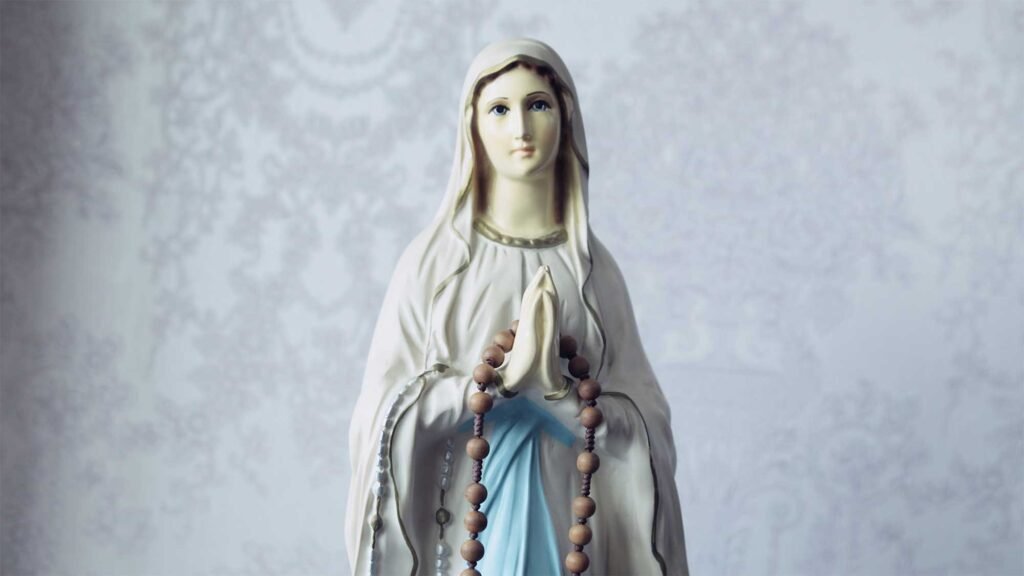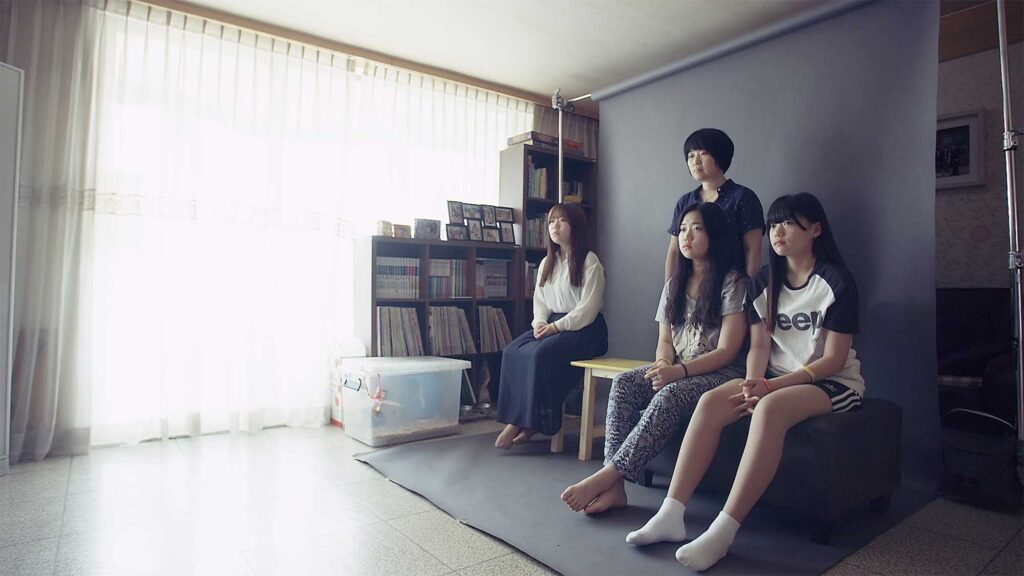Last Letters: A Seoul-based Filmmaker’s Poetic Exploration of the Sewol Ferry Tragedy
Navigating the Shadows of Tragedy
In the somber depths of tragedy, the 16th of April 2014 left an indelible mark on Korea. A ferry en route from Incheon to Jeju Island capsized, claiming the lives of 304 passengers and crew members. Over 2 1/2 years later, this day remains etched as a black mark on the Korean calendar, casting a shadow of grief and unanswered questions.
Focusing on the Unseen: Eight Families, One Tragedy
Amidst the ongoing pain, a short film delicately steps into the void, focusing on eight families who lost loved ones that fateful day. Last Letters navigates through the physical and emotional spaces left behind by the Sewol ferry tragedy, seamlessly blending documentary and fictional elements. It serves as a unique exploration, shining a compassionate light on the still-unsolved tragedy and the isolating void felt by grieving families as they attempt to capture an incomplete family portrait.
A Call for Answers: Activism Amidst Frustration
Beyond the heart-wrenching narratives, the aftermath of the Sewol ferry tragedy has stirred activism among remaining family members dissatisfied with the Korean government’s handling of the incident. Nine victims’ bodies remain unrecovered, and the shipwreck, a crucial piece of evidence, lies untouched. Frustration simmers not only among those directly affected but also among the broader Korean populace, questioning the circumstances and seeking accountability for the loss of innocent lives.
Architectural Poetry: Spaces as the Canvas
In contrast to investigative documentaries, Last Letters takes a distinctive approach inspired by space and architecture. The living spaces of the grieving families become the canvas, blending reality with a poetic lens. Rather than fueling anger with hard facts, Last Letters seeks to offer a form of solace, bringing a sense of peace to those who have lost loved ones in the tragedy.
A Filmmaker’s Plea: Bridging the Gap Between Grief and Understanding
As a filmmaker, my intent is to create a narrative that speaks intimately to the families while resonating with a wider international audience. It is a plea for recognition of this dark day in Korean history, a day that the families, abandoned by the Korean government in their quest for truth, hope will no longer remain in the shadows. Last Letters is not just a creative endeavor; it is a heartfelt tribute to the resilience of those who endure, seeking closure and understanding amid the silent echoes of the Sewol ferry tragedy.






